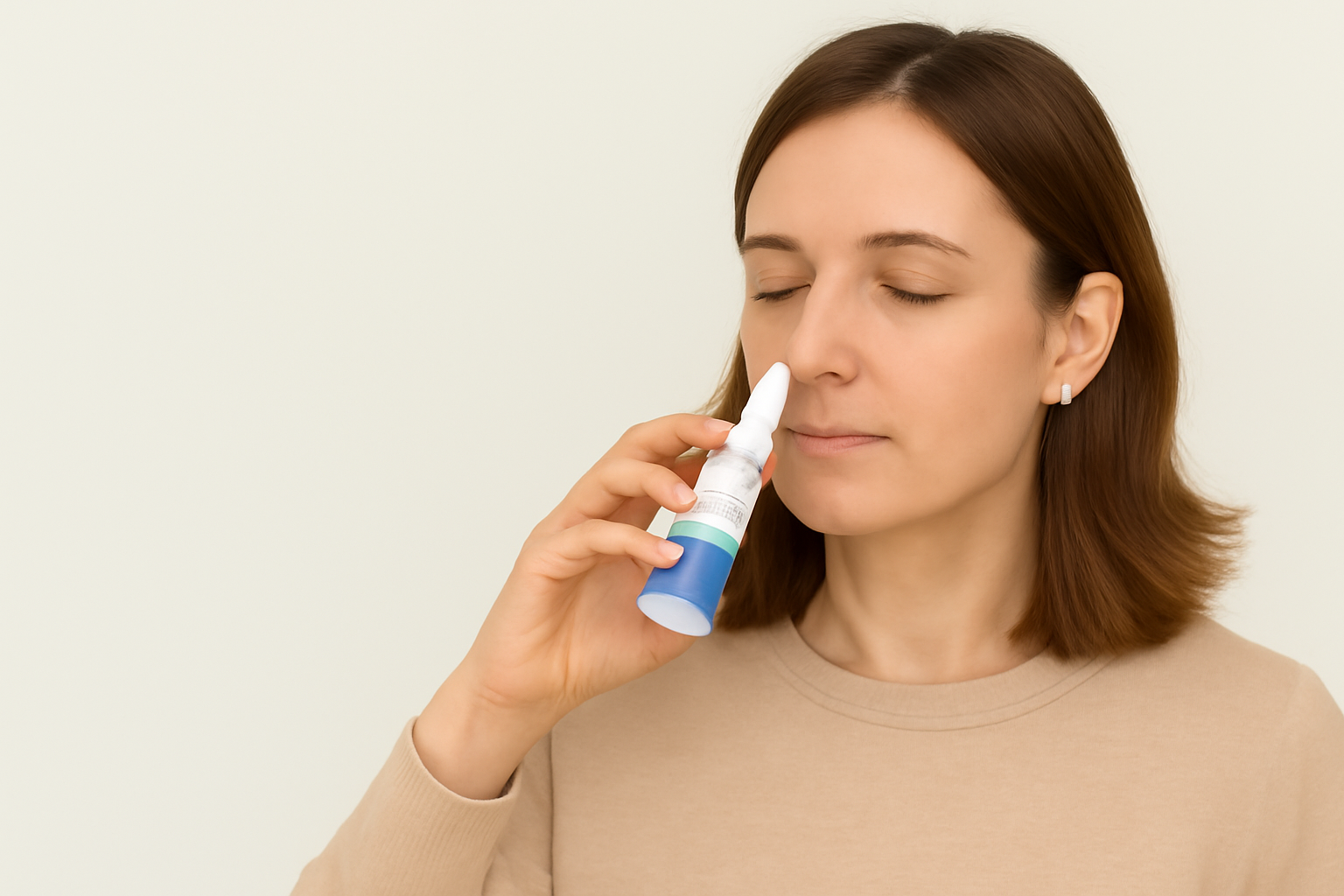Postoperative infections, particularly pneumonia, remain a major concern in infants following cardiac surgery. While systemic antibiotics are commonly used, oral bacteria may still pose a threat through aspiration into the lungs. A new randomized controlled trial investigated whether different oral care methods can reduce salivary bacteria in infants undergoing cardiac surgery—and found that povidone-iodine might be a game-changer.
Study Overview
- Participants: 102 infants undergoing congenital heart surgery
- Groups Compared:
- Water rinse (WA group)
- Benzethonium chloride mouthwash (BZ group)
- Povidone-iodine mouthwash (PV-I group)
- Main Goal: To measure how each method affected salivary bacterial counts before and after surgery
Key Findings
- Before surgery, water-based oral care didn’t significantly change bacterial levels.
- After surgery, all groups showed reduced bacterial counts—mostly due to systemic antibiotics.
- Only the PV-I group showed a significant additional reduction in bacterial count after oral care.
In short:
🦠 PV-I significantly lowered bacteria after surgery, while water and benzethonium chloride did not.
Why This Matters
Postoperative pneumonia in infants is often linked to aspiration of oral bacteria. Reducing oral bacterial load—especially right after surgery—is critical.
What this study suggests:
- Systemic antibiotics help, but don’t fully eliminate risk.
- Oral care with povidone-iodine offers a simple, low-cost way to reduce salivary bacteria even further.
- Water and benzethonium chloride were not significantly effective on their own.
How the Oral Care Was Done
- All infants received basic pre-surgery cleaning with water and a sponge brush.
- After surgery, each group used the following care:
- Water group: Sponge brush moistened with sterile water
- BZ group: Sponge brush with 0.02% benzethonium chloride
- PV-I group: Sponge brush with 0.47% povidone-iodine
Statistical Results (Simplified)
- 🧪 PV-I group bacterial reduction: 15.3% (statistically significant)
- 💧 Water group reduction: 5.7% (not significant)
- 🧼 Benzethonium group reduction: 7.6% (not significant)
Limitations to Consider
- Small sample size per group
- Did not identify specific bacteria (only total bacterial counts)
- Findings may not apply to older children or adults
Conclusion
Oral care with povidone-iodine significantly reduced salivary bacterial counts in infants after cardiac surgery—more so than water or benzethonium-based rinses.
This study supports integrating povidone-iodine oral care into post-surgical routines for pediatric patients, especially those at high risk of respiratory infections.



.png)


.png)